
Fees
A
Fidelity
Headquartered in Boston, Fidelity is one of the largest mutual fund companies and the leading provider of workplace savings plans in the nation. Since 2005, Fidelity has offered a Health Savings Account (HSA) to companies and organizations that have their defined contribution plan(s) recordkept by Fidelity. Previously, only individuals who were employed by these companies and organizations were eligible to open a Fidelity HSA, but as of November 15, 2018, individuals can now self-enroll.

Fees
A
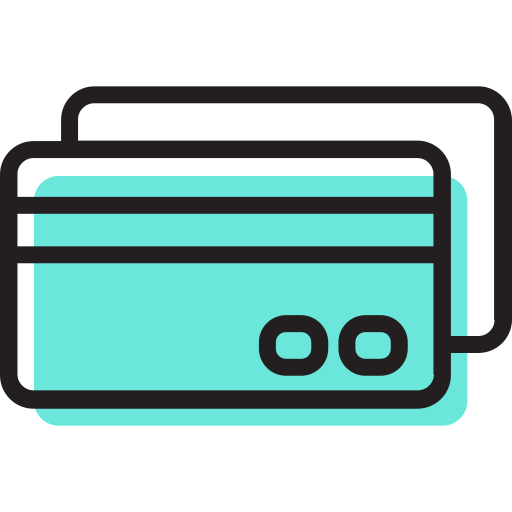
Fund Access
A

Features
B

Value Added
C

Overall
B+
The best HSAs for spenders have no monthly maintenance fees. Fidelity doesn’t charge a monthly maintenance fee.
Also, the best HSAs for spenders have very few behavioral fees. Behavioral fees are not recurring in nature, but can be incurred by the account holder for various reasons including; over contributing, over-drafting, withdrawing funds from an ATM, transferring assets to another custodian, closing an account, etc. Fidelity has no such fees, except a transfer fee.
Below we have reconstructed Fidelity’s fee schedule to exhibit fees spenders are most likely to encounter.
1 Electronic or paper, free of charge
2 You cannot use the Fidelity HSA® debit card at an ATM.
3 No charge for initial, extra (e.g. spousal) or replacement cards.
In the chart below you can compare Fidelity's fees to those of its competitors.
Fidelity does a great job of saving account holders money on fees, but it doesn’t go the extra mile to help spenders save money on healthcare expenses. Administrators can save spenders money in several ways. First and foremost, an administrator should make an eligible expense tool readily available to all account holders. Additionally, a tool that combs through a participants accounts for eligible expenses is a nice feature. Another fantastic way for administrators to help spenders save money is by partnering with healthcare companies providing eligible medical expenses on the servicing or product side of the equation. In our opinion Fidelity falls short on this front.
One thing we will give Fidelity a thumps up on their Fidelity® Rewards Visa Signature® Card. You can earn unlimited 2% cash back on every eligible net purchase, with no annual fee. The 2% cash back rewards value applies only to points redeemed for a deposit into an eligible Fidelity account (i.e. HSA). The redemption value is different if you choose to redeem your points for other rewards such as travel options, merchandise, gift cards, and/or statement credit.
When you, your spouse, and your dependents have qualified medical expenses that aren’t covered by your health care plan, you can use your HSA money tax-free to pay for them. With a Fidelity HSA you can pay for qualified medical expenses tax-free from your HSA using a Fidelity HSA debit card, Fidelity BillPay®, or by writing a check. Also, you can now pay with your debit card using Apple Pay®.
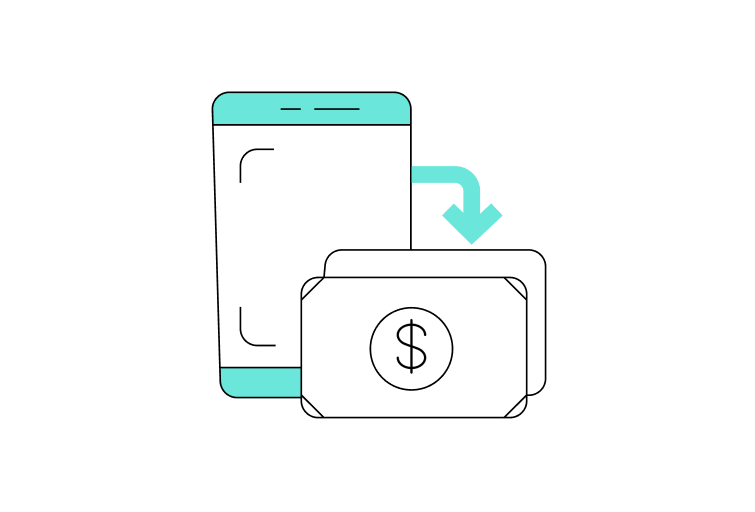 Bill Pay
Bill Pay |
(✓) |
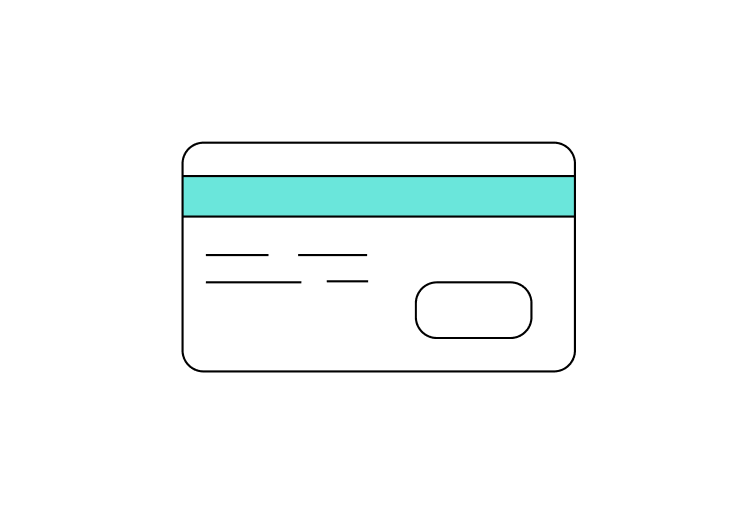 Debit Card
Debit Card |
(✓) |
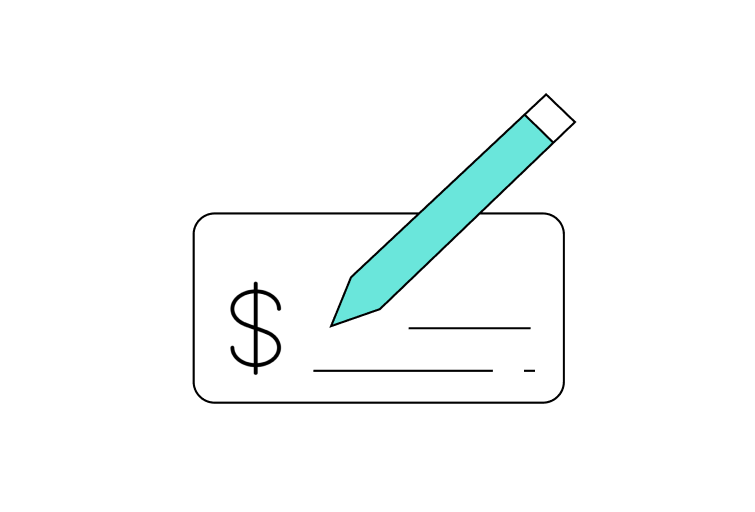 Checks
Checks |
(✓) |
You can pay for qualified medical expenses out-of-pocket and reimburse yourself anytime using your HSA money. As long as you opened your HSA before the expense was incurred, your reimbursement will be tax-free.
When you pay for qualified medical expenses out-of-pocket, you should be able to access your HSA dollars multiple ways whether it be via online transfers, check disbursements, or ATM withdrawals.
Generally speaking, the best way to reimburse yourself is with electronic funds transfers (EFTs) that are processed through the Automated Clearing House (ACH) network. EFTs are easy, speedy, cost-effective, paperless, safe and secure.
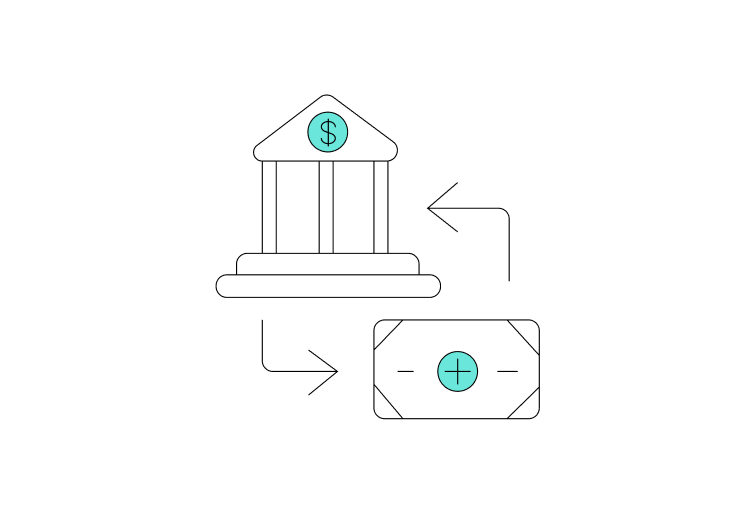 Transfers
Transfers |
(✓) |
 ATM Withdrawal
ATM Withdrawal |
(✓) |
 Checks
Checks |
(✓) |
With a Fidelity HSA you can reimburse yourself for qualified medical expenses you paid out-of-pocket using Fidelity BillPay® and adding yourself as a payee, you can move money directly using electronic funds transfer (EFT), or you can write yourself a check.
Direct & Payroll Deposit
You can contribute to your HSA using electronic funds transfer. You can make one time or recurring direct deposits from a linked bank account.
What about payroll deductions?
In some cases, employers may allow pre-tax payroll contributions to a personal Fidelity HSA. Check with your employer to see if that’s an option for you.
Member Services
Call Center staffed 24/7 by HSA representatives and series 7 licensed investment professionals.
Mobile Banking
Your Fidleity HSA is as close as your mobile phone so you can securely view balances and activity as well as receive account alerts.
Account Information: View your contribution amounts, investments, transactions and previous years’ HSA information.
Expenses: Examine your individual claims, including when you received service, who provided it and the amount you’re responsible for.
Pay bills: Receive a notification when your bills are available and pay on the go with your Fidelity® Cash Management Account.
Those seeking a fee-free HSA.
Dual-purpose use (spender/investor). Fidelity is a top 10 investment HSA.
Those with a family HSA.
For those that already have other Fidelity accounts.